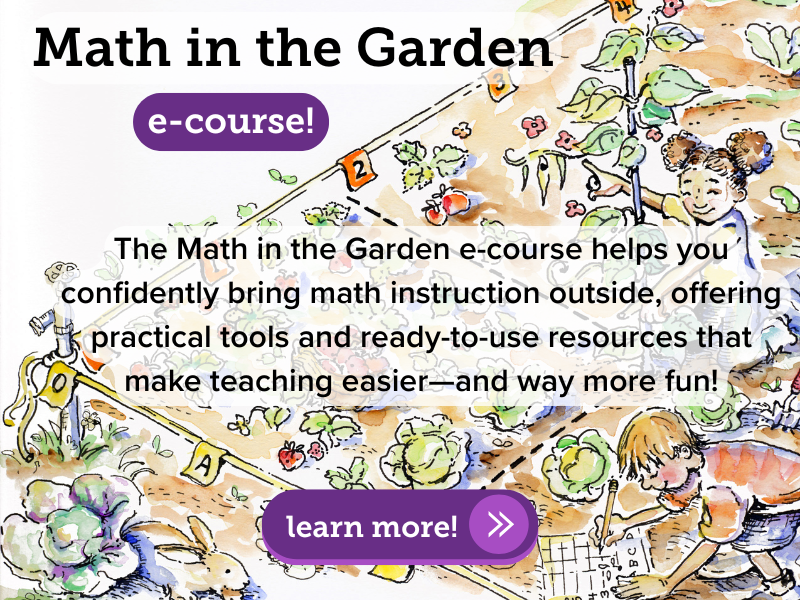- Be prepared to pivot: Gardening with kids requires flexibility. Most kids prioritize exploration and discovery in the garden rather than appearance or production. You might have a planned activity, but they prefer to focus on the grasshopper they just found. Rather than corral them back to the task at hand, try talking to them about the grasshopper, sharing their wonder and excitement, and then finding a way to connect it to your activity. Remember that positive associations with gardening are the goal. If they walk away with those, you’ve succeeded, and they’ll be back to learn more.
- Let kids choose what to plant: Offer guidance and guarantee some sure-success plants are among their picks. But if they want beets, roses, and petunias, why not? Giving kids agency over what plants they grow also gives them the incentive to continue engaging with their plants over time. Don’t forget that gardening isn’t confined to a raised bed or backyard. You can grow a multitude of plants indoors, on windowsills, porches, or balconies, you name it!
- Choose garden projects that work for your needs: To set yourself up for success, always consider projects or activities you might want to try through the lenses of the kids’ age and ability levels, your budget, available space, available time, safety concerns, and growing conditions in your area.
- Embrace failure: A garden is a wonderful place for kids to try caring for a living thing and being responsible for the success or failure of a growth cycle. And when failures happen, it’s a space for kids to learn how to deal with an undesired outcome, grow their resiliency, and try again.
- Leave room for good old-fashioned digging: Many kids love to dig in the dirt, and digging and observing are excellent for their sensory systems, gross and fine motor skills, and practicing focus and empathy for small creatures. Leaving a designated dig space in the garden gives them a spot to search for worms and grubs and helps keep disruptive digging out of other areas of the garden.
- Make the garden a joyful place: Positive associations with nature early on in life give kids a sense of belonging to the natural world and responsibility for it. Help with the behind-the-scenes maintenance of kids' gardens so they continue to be an inviting space for them. Give them opportunities for responsibility, but don't turn gardens into a chore or punishment they would rather avoid. Embrace kids’ preferences, and avoid pressing them to taste, touch or smell something they don’t want to.
- Ensure activities are geared towards equal access: Think through how to share a gardening experience equally with all the kids participating. Try collaborative gardening: one kid digs a hole, another sprinkles compost, another kid places a seedling in, and so on. This helps multiple kids be involved in smaller garden tasks. Not all kids will physically be able to garden the same way. Consider the practical physical needs of the kids you are gardening with. For example, raised table-top beds or vertical gardens can provide access to kids using wheelchairs, and gloves can be helpful for kids who have sensory needs.
- Not every minute must be filled with a task: Set aside time when kids can explore the garden without an intended activity. Positive associations also come from moments when kids are allowed to observe, explore and play in a self-led way. They might also surprise you with observations leading to fantastic teaching moments you hadn’t planned, unlocking areas of your garden knowledge you hadn’t thought to share with them.
- Incorporate play: Plants provide so many opportunities for play! Consider bringing toys into the garden so a bed of lettuce can turn into a magical miniature forest, some mud and cuttings can become ingredients in a (pretend) pie, and so much more.
- Enjoy gardening yourself! One of the most powerful teaching tools is the use of modeling. Don’t underestimate how impactful showcasing your enthusiasm for gardening can be on the kids you’re working with.
One of the best things you can grow in a garden is a life-long gardener. Here are some helpful tips to keep in mind when gardening with kids.
Related Resources
Excited to garden with kids?
Explore more resources, discover funding opportunities, ask questions, and learn with other gardeners in the Kids Garden Community. Join FREE today to start connecting, sharing, and growing with educators and parents just like you!



